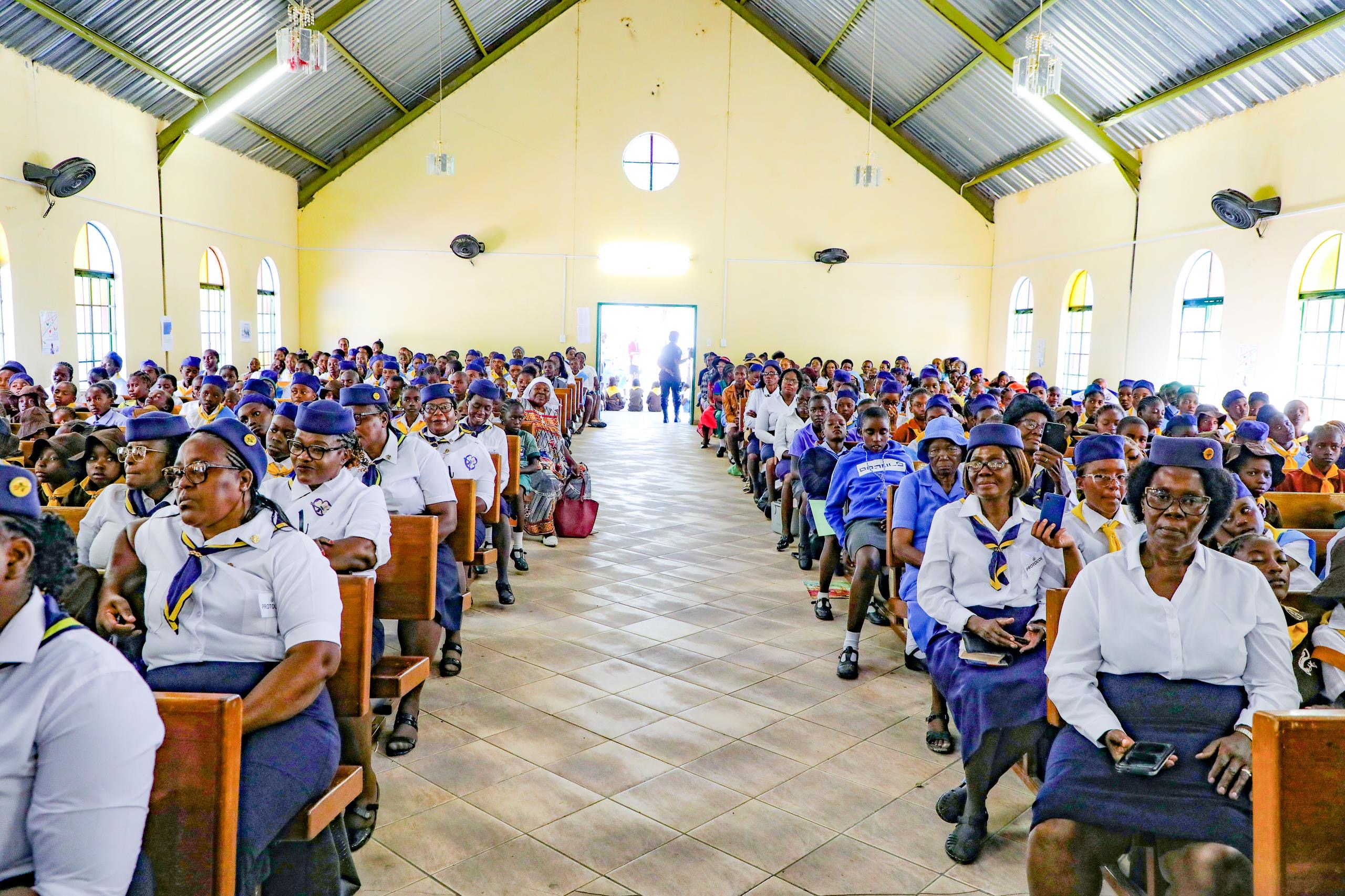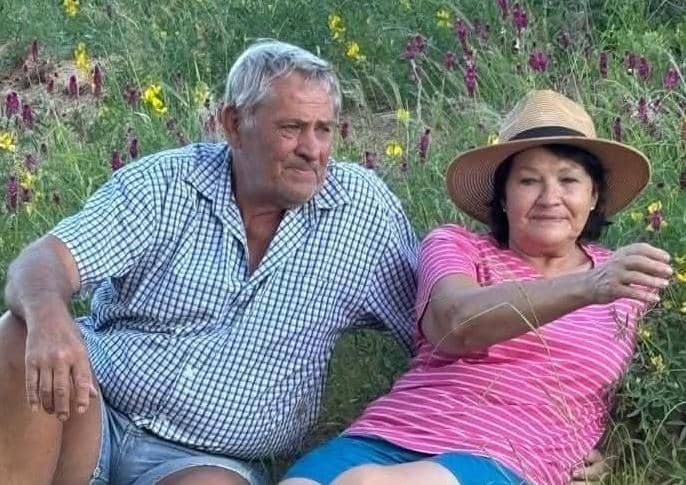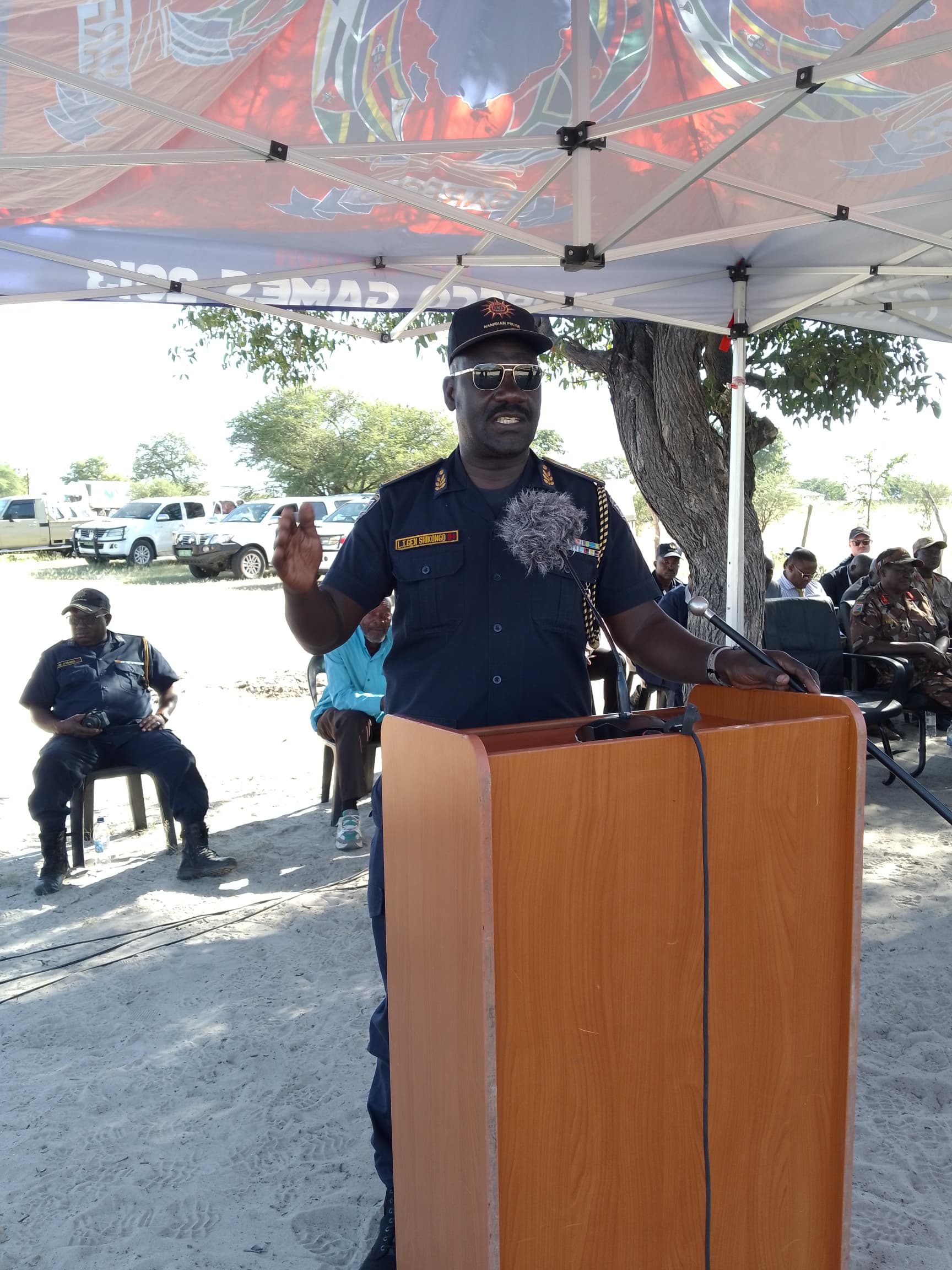KAMPALA – A one-time ruling party cadre, Ugandan opposition leader Kizza Besigye is turning to former political foes for support in Thursday’s polls that pit him against incumbent President Yoweri Museveni.
Museveni’s erstwhile confidant and physician, Besigye is the main challenger for his ex-boss’s job in Thursday elections, leading a pack of four opposition candidates, most of whom have little hope of winning. The 50-year-old politician broke ranks with the president in 1999 after writing a critical expose against Museveni’s National Resistance Movement (NRM) which he accused of increasingly becoming sectarian and dictatorial.He was court martialled for “airing his views in the wrong forum,” but was later acquitted when allies intervened on his behalf but now faces rape and treason charges that are clouding his political future.Besigye graduated from Kampala’s Makerere University in 1980 with a degree in medicine and worked in neighbouring Kenya before joining Museveni’s guerrilla movement in 1982 to fight against then-president Milton Obote’s government.While in the bush, Besigye served as Museveni’s doctor as he was one of the few qualified physicians in the National Resistance Movement/Army (NRM/A) ranks.In 1986, when Museveni’s rebel army took control of the country, Besigye became one of the youngest government officials and later served as a minister of state, NRM’s political commissar and army commander before the falling out.In 1999, Besigye wrote “An Insider’s View of How the NRM Lost the Broad Base” and accused the group of becoming a kleptocratic, one-man dictatorship under Museveni.He retired from the army in 2000 after his court martial acquittal and later announced he would challenge Museveni in 2001 presidential elections, a move seen as a stab in the back by the president.He lost, but claiming massive fraud, he sought to have Uganda’s Supreme Court nullify Museveni’s victory, and in a narrow three-two ruling the five judge panel agreed there had been cheating but rejected the petition.Besigye was then briefly detained over allegations that he led a shadowy rebel group known as People’s Redemption Army (PRA) based in the Democratic Republic of Congo, charges he denied.Besigye then fled into exile in South Africa citing persecution and threats to his life, but kept his political presence alive at home through the Reform Agenda political party that has since been renamed the Forum for Democratic Change (FDC).After Obote’s death in exile in October and Museveni’s decision to accord the ex-president a state funeral and burial in Uganda, Besigye returned to the country, vowing to end the president’s 20-year rule at the polls.But three weeks later, after embarking on a nationwide tour to build support, he was arrested on rape and treason charges that sparked riots in Kampala and brought the campaign to an abrupt halt.Besigye denies the charges and maintains they are a politically motivated attempt to keep him from challenging Museveni’s 20-year hold on power.Convictions on any of the counts would nullify his candidacy but the treason trial has been adjourned until after the February 23 polls and the verdict in the rape case will not be announced until March.- Nampa-AFPThe 50-year-old politician broke ranks with the president in 1999 after writing a critical expose against Museveni’s National Resistance Movement (NRM) which he accused of increasingly becoming sectarian and dictatorial.He was court martialled for “airing his views in the wrong forum,” but was later acquitted when allies intervened on his behalf but now faces rape and treason charges that are clouding his political future.Besigye graduated from Kampala’s Makerere University in 1980 with a degree in medicine and worked in neighbouring Kenya before joining Museveni’s guerrilla movement in 1982 to fight against then-president Milton Obote’s government.While in the bush, Besigye served as Museveni’s doctor as he was one of the few qualified physicians in the National Resistance Movement/Army (NRM/A) ranks.In 1986, when Museveni’s rebel army took control of the country, Besigye became one of the youngest government officials and later served as a minister of state, NRM’s political commissar and army commander before the falling out.In 1999, Besigye wrote “An Insider’s View of How the NRM Lost the Broad Base” and accused the group of becoming a kleptocratic, one-man dictatorship under Museveni.He retired from the army in 2000 after his court martial acquittal and later announced he would challenge Museveni in 2001 presidential elections, a move seen as a stab in the back by the president.He lost, but claiming massive fraud, he sought to have Uganda’s Supreme Court nullify Museveni’s victory, and in a narrow three-two ruling the five judge panel agreed there had been cheating but rejected the petition.Besigye was then briefly detained over allegations that he led a shadowy rebel group known as People’s Redemption Army (PRA) based in the Democratic Republic of Congo, charges he denied.Besigye then fled into exile in South Africa citing persecution and threats to his life, but kept his political presence alive at home through the Reform Agenda political party that has since been renamed the Forum for Democratic Change (FDC).After Obote’s death in exile in October and Museveni’s decision to accord the ex-president a state funeral and burial in Uganda, Besigye returned to the country, vowing to end the president’s 20-year rule at the polls.But three weeks later, after embarking on a nationwide tour to build support, he was arrested on rape and treason charges that sparked riots in Kampala and brought the campaign to an abrupt halt.Besigye denies the charges and maintains they are a politically motivated attempt to keep him from challenging Museveni’s 20-year hold on power.Convictions on any of the counts would nullify his candidacy but the treason trial has been adjourned until after the February 23 polls and the verdict in the rape case will not be announced until March.- Nampa-AFP
Stay informed with The Namibian – your source for credible journalism. Get in-depth reporting and opinions for
only N$85 a month. Invest in journalism, invest in democracy –
Subscribe Now!










